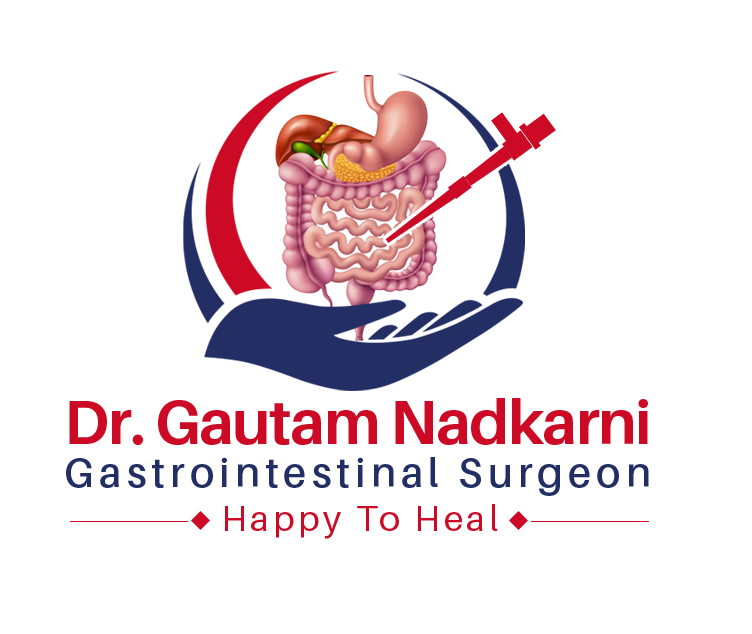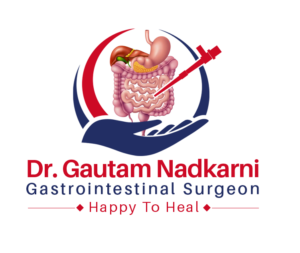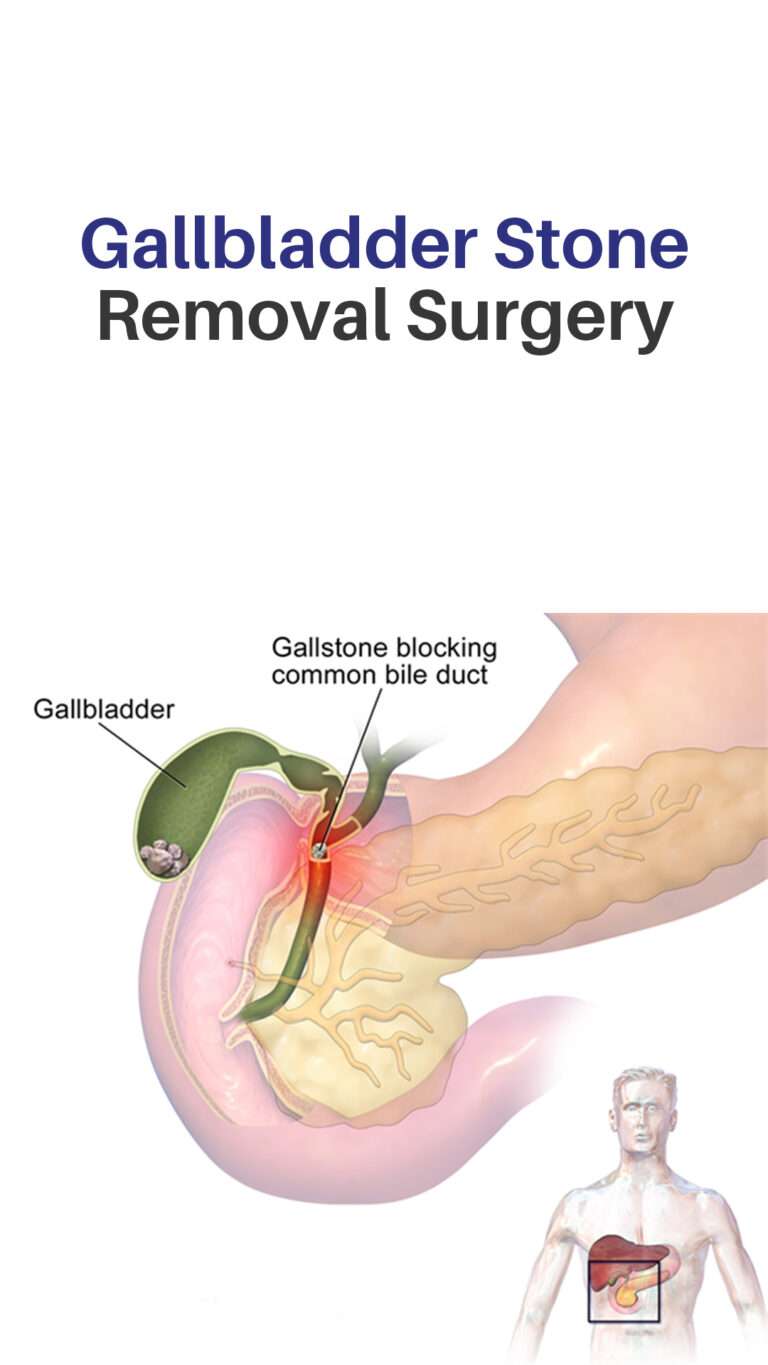
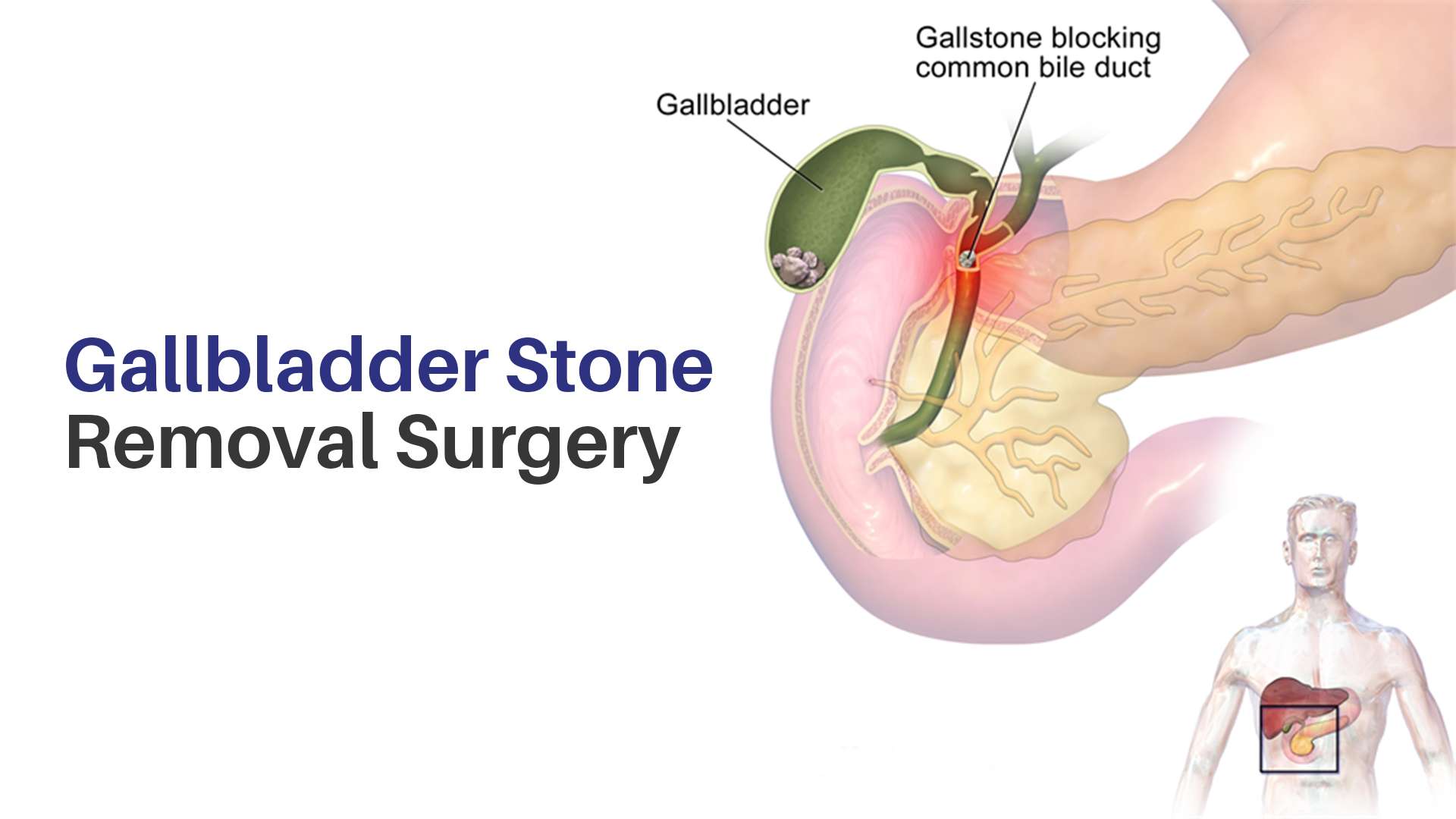
Gall Bladder Stone Removal Surgery in Mumbai with Dr. Gautam Nadkarni
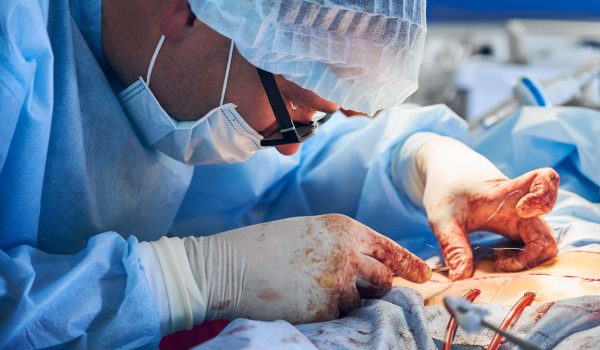
Are you in need of expert surgical care for Gall bladder stone removal in Mumbai? Look no further than Dr. Gautam Nadkarni, is a laparoscopic cholecystectomy Specialist surgeon in Mumbai. With a commitment to delivering exceptional results, Dr. Gautam Nadkarni and his team offer advanced treatments for gall bladder stone removal. Whether you’re seeking the expertise of gall bladder stone removal doctors in your vicinity or searching for a laparoscopic cholecystectomy specialist doctor in Mumbai, your quest concludes here. Rest assured that you will receive superior surgical care and excellent outcomes under Dr. Gautam Nadkarni’s experienced hands.
Gall bladder stone
Gall bladder stones, also known as gallstones or cholelithiasis, are hardened deposits that form in the gall bladder. The gall bladder is a small, pear-shaped organ located beneath the liver. It stores and concentrates bile, a digestive fluid produced by the liver.
Gall stones can vary in size, from as small as a grain of sand to as large as a golf ball. They are primarily composed of cholesterol, bile salts, and bilirubin, a yellow pigment formed from the breakdown of red blood cells.
Gall bladder stone removal surgery
Gall bladder stone removal surgery, also known as cholecystectomy, is a common procedure performed to eliminate gall stones from the gall bladder. Gall stones are hardened deposits that form in the gall bladder due to various factors, such as an imbalance in bile components or the presence of excessive cholesterol.
Causes of Gall Bladder Stones
- Excessive cholesterol in the bile
- Imbalance in bile salts and cholesterol levels
- Concentrated bile due to reduced gall bladder emptying
- Inflammation of the gall bladder
- Genetic factors
Symptoms of Gall Bladder Stones
- Abdominal pain, typically in the upper right quadrant
- Nausea and vomiting
- Indigestion and bloating
- Back pain between the shoulder blades
- Jaundice (yellowing of the skin and eyes)
Reasons for Gall Bladder Stone Formation
- Diet high in cholesterol and fat
- Obesity or rapid weight loss
- Sedentary lifestyle
- Diabetes
- Estrogen hormone imbalance
- Family history of gall bladder stones
Reasons for Gall Bladder Stone Formation
- Diet high in cholesterol and fat
- Obesity or rapid weight loss
- Sedentary lifestyle
- Diabetes
- Estrogen hormone imbalance
- Family history of gall bladder stones
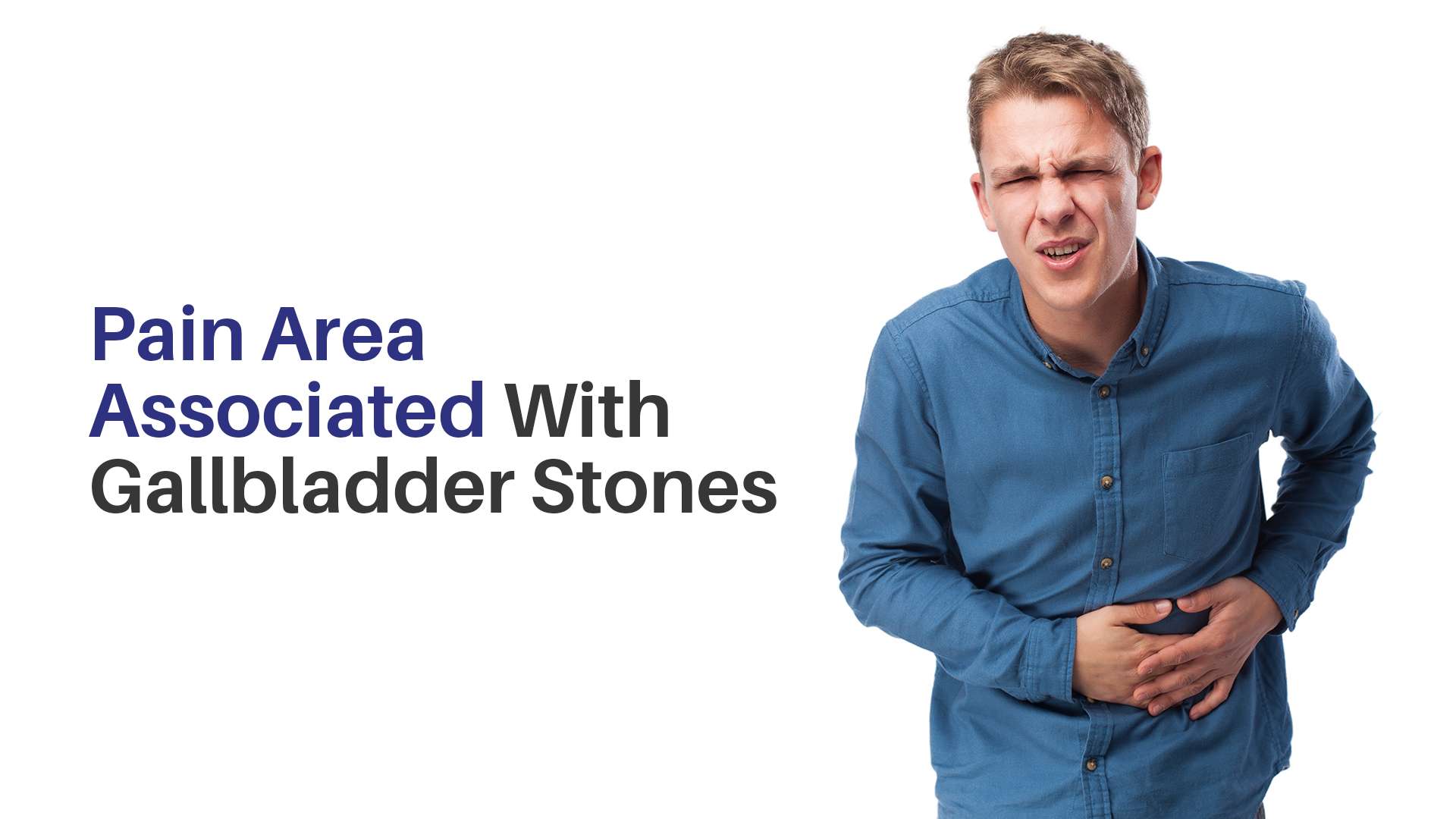
Pain Area Associated with Gall Bladder Stones
The pain associated with gall bladder stones is typically felt in the upper right quadrant of the abdomen. The gall bladder is located in the upper right part of the abdomen, just below the liver. When gall stones are present and cause obstruction or inflammation, it can result in discomfort or pain in this area.
The pain caused by gall bladder stones is often described as a sharp or cramp-like sensation. It may be intermittent or persistent and can range from mild to severe. The pain may radiate to other areas, such as the back or right shoulder blade.
Risk Factors for Gall Bladder Stones
- Being female (more common in women)
- Age (above 40 years)
- Obesity or overweight
- Rapid weight loss or crash diets
- Certain medications (e.g., cholesterol-lowering drugs)
- Family history of gall bladder stones
Side Effects of Gall Bladder Stones
- Intense abdominal pain
- Inflammation of the gall bladder (cholecystitis)
- Infection in the gall bladder (cholecystitis)
- Obstruction of the bile ducts
- Jaundice
- Pancreatitis
Treatment Options for Gall Bladder Stones
Non-surgical approach: In some cases, gall bladder stones can be managed without surgery using medication. These medications, such as ursodeoxycholic acid, are prescribed to dissolve cholesterol gall stones over time. However, this non-surgical approach is generally only effective for small, cholesterol-based stones and may take months or even years to achieve results. It is not suitable for everyone and has a limited success rate.
Surgical approach: The most effective and permanent solution for gall bladder stones is the surgical removal of the gall bladder, known as cholecystectomy. Surgery is recommended when the gall stones cause symptoms, complications, or if there is a high risk of developing complications.
Types of Gall Bladder Stone Removal Surgery
There are two main approaches to gall bladder stone removal surgery:
Open Cholecystectomy: In this traditional surgical method, a single large incision is made in the abdomen, typically below the right ribcage. The surgeon carefully removes the gall bladder and closes the incision with sutures.
Laparoscopic Cholecystectomy: Laparoscopic surgery is the preferred approach for gall bladder stone removal. Several small incisions are made in the abdomen, through which specialised instruments and a laparoscope (a thin, flexible tube with a camera) are inserted. The surgeon navigates the instruments using the camera’s visual feed and performs the procedure with precision. Laparoscopic cholecystectomy offers advantages such as smaller incisions, reduced scarring, faster recovery, and shorter hospital stays compared to open surgery.
Benefits of Laparoscopic Cholecystectomy
- Minimal scarring: The small incisions used in laparoscopic surgery result in less noticeable scars compared to open surgery.
- Reduced post-operative pain: Laparoscopic procedures typically involve less tissue trauma, leading to reduced pain and discomfort after the surgery.
- Faster recovery: Patients undergoing laparoscopic cholecystectomy often experience a quicker return to their regular activities compared to open surgery.
- Lower risk of complications: Minimally invasive techniques generally result in a lower risk of complications such as infections and bleeding.
- Shorter hospital stay: The recovery period for laparoscopic cholecystectomy is generally shorter, allowing patients to be discharged from the hospital sooner.
What to Expect During Gallbladder Removal Surgery
- Anesthesia will be administered for a painless procedure.
- Small incisions will be made to insert surgical instruments and a laparoscope.
- The surgeon will visualise and remove the gall bladder using specialized tools.
- The duration of surgery is typically 1-2 hours.
Gall Bladder Stone Surgery Recovery Time
- Most patients can resume normal activities within a week or two.
- Strenuous activities may need to be avoided for a few weeks.
- Full recovery usually occurs within 4-6 weeks.
Precautions after Gall Bladder Stone Removal Surgery
- Follow the surgeon’s instructions regarding diet and medication.
- Avoid heavy lifting or strenuous exercise for a few weeks.
- Gradually reintroduce regular activities and foods.
- Report any unusual symptoms or complications to your doctor promptly.
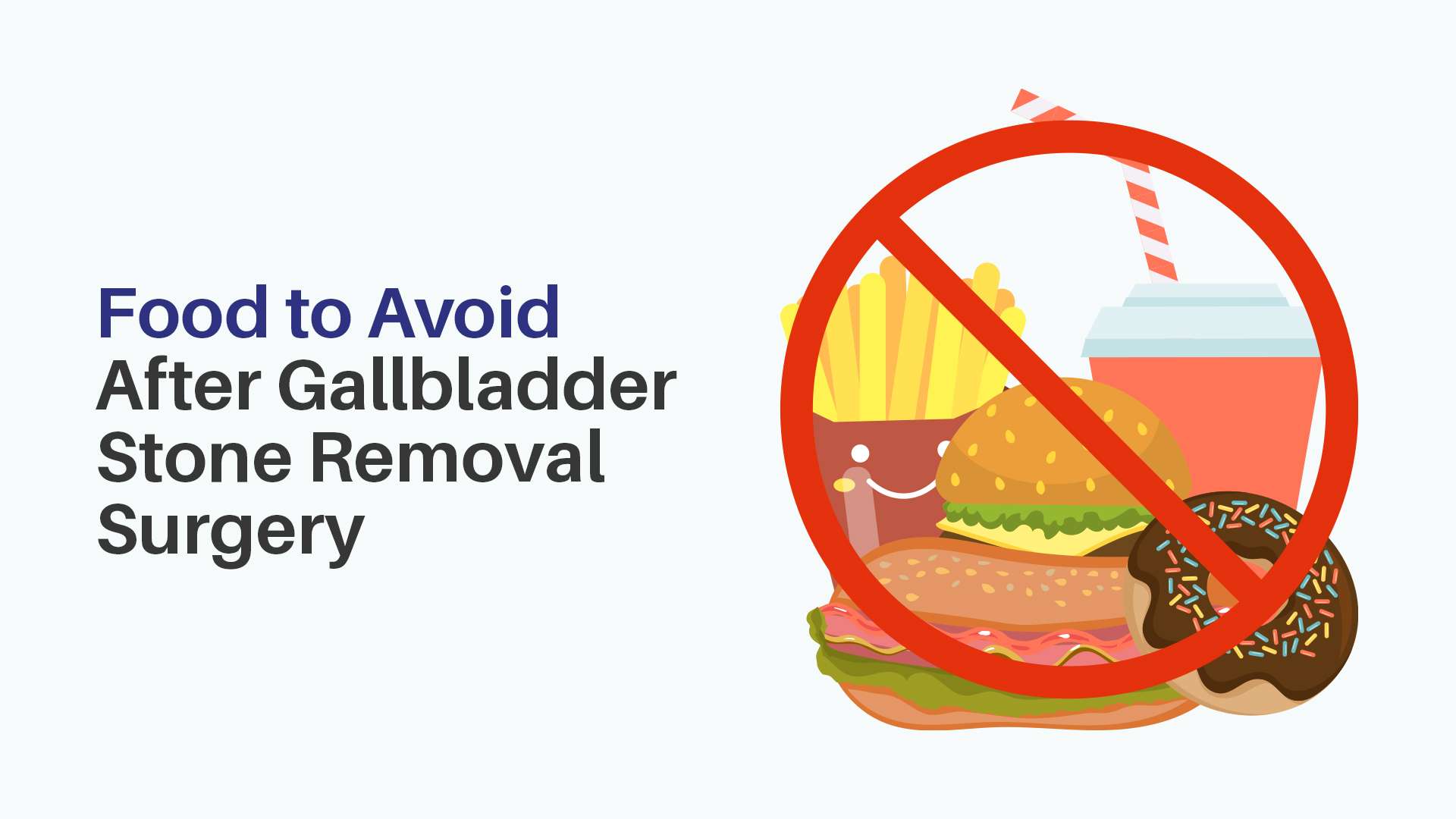
Food to avoid After gall bladder stone removal surgery
- High-fat foods: Fried foods, fatty meats, full-fat dairy products, greasy snacks.
- Spicy foods: Hot sauces, chilli peppers, spicy dishes.
- Processed and fried foods: Fast food, processed snacks, commercially baked goods.
- Carbonated and caffeinated beverages: Soda, coffee, certain teas.
- High-cholesterol foods: Fatty cuts of meat, organ meats, high-fat dairy products, egg yolks.
- Gas-producing foods: Beans, lentils, cabbage, broccoli, onions, carbonated drinks.
When it comes to gall bladder stone removal surgery, choosing the right specialist is crucial for a successful outcome. Dr. Gautam Nadkarni, the Best laparoscopic surgeon in Mumbai, combines expertise, innovation, and compassion to ensure that patients receive the highest standard of care. As a renowned laparoscopic cholecystectomy specialist doctor, he excels in providing effective and minimally invasive treatments. If you are searching for gall bladder stone removal doctors in mumbai or a laparoscopic cholecystectomy specialist doctor in Mumbai, schedule a consultation with Dr. Gautam Nadkarni and experience world-class surgical care.
If you are searching for a Gall bladder stone removal specialist doctor in Chembur, Santacruz, Sion, Mumbai or any nearby location in Mumbai then look no further than the most experienced and renowned Gall bladder stone removal specialist surgeon in Mumbai Dr. Gatuam Nadkarni.
Frequently asked Questions and Answers
Gall bladder stones can cause significant discomfort and potentially lead to complications such as inflammation, infection, or blockage of the bile ducts. If symptoms are severe or if complications arise, gall bladder removal surgery may be recommended.
Gallbladder stone removal surgery is typically performed under anesthesia, so you will not feel any pain during the procedure. However, it is normal to experience some pain and discomfort after the surgery, which can be managed with pain medication prescribed by your healthcare professional.
In some cases, gallstones can be managed without surgery using medications to dissolve the stones. However, this approach is typically limited to specific types of stones and may not be effective for everyone. Surgical removal of the gallbladder (cholecystectomy) is the most common and effective treatment for gallstones.
Your healthcare professional will evaluate your symptoms, perform diagnostic tests, and assess the severity of your gall bladder stone condition. They will determine if surgery is necessary based on factors such as the presence of symptoms, size and number of stones, and risk of complications.
If gallbladder stones are not removed, they can lead to ongoing symptoms, recurrent episodes of pain, inflammation of the gallbladder (cholecystitis), infection, or blockage of the bile ducts. These complications can cause severe discomfort and potentially require emergency medical attention.
The most common signs of gallstones include abdominal pain, especially in the upper right quadrant, nausea, vomiting, indigestion, and back pain between the shoulder blades. These symptoms may occur after consuming fatty or heavy meals.
Gall bladder stone removal surgery, particularly laparoscopic cholecystectomy, is considered a safe procedure with a low risk of complications. However, as with any surgery, there are potential risks, and individual factors may influence the overall safety of the procedure. Your healthcare professional will discuss the potential risks and benefits with you.
Foods high in cholesterol and unhealthy fats, such as fried foods, fatty meats, full-fat dairy products, and processed snacks, may contribute to the development of gallstones. However, it is important to note that diet alone may not be the sole cause of gallstones, and individual factors can vary.
Gallstones can occur at any age, but they are more common in individuals over the age of 40. However, gallstones can also develop in younger individuals, especially those with certain risk factors such as obesity, a sedentary lifestyle, or a family history of gallstones.
Gallbladder stones can range in size, but they are generally classified as small (less than 1 centimeter) or large (1 centimeter or larger). The size of the stone may impact the treatment approach and the potential for non-surgical removal.
Gallbladder stones can vary in size, but the maximum size can range from a few millimeters to several centimeters. Large stones are generally more difficult to manage and may require surgical intervention for removal.
The length of the hospital stay can vary depending on various factors, such as the surgical technique used and individual recovery progress. In general, for laparoscopic cholecystectomy, the hospital stay is usually short, typically 1-2 days.
The duration of bed rest after gallbladder surgery can vary. In most cases, patients are able to get out of bed and walk around on the same day as the surgery. However, it is important to follow the post-operative instructions provided by your healthcare professional regarding rest and activity levels.
Yes, most individuals can lead a normal life after gall bladder stone removal surgery. The gall bladder is not essential for normal digestion, and the body can adjust to its absence. You may need to make some dietary adjustments, but you should be able to resume your regular activities without major limitations.
